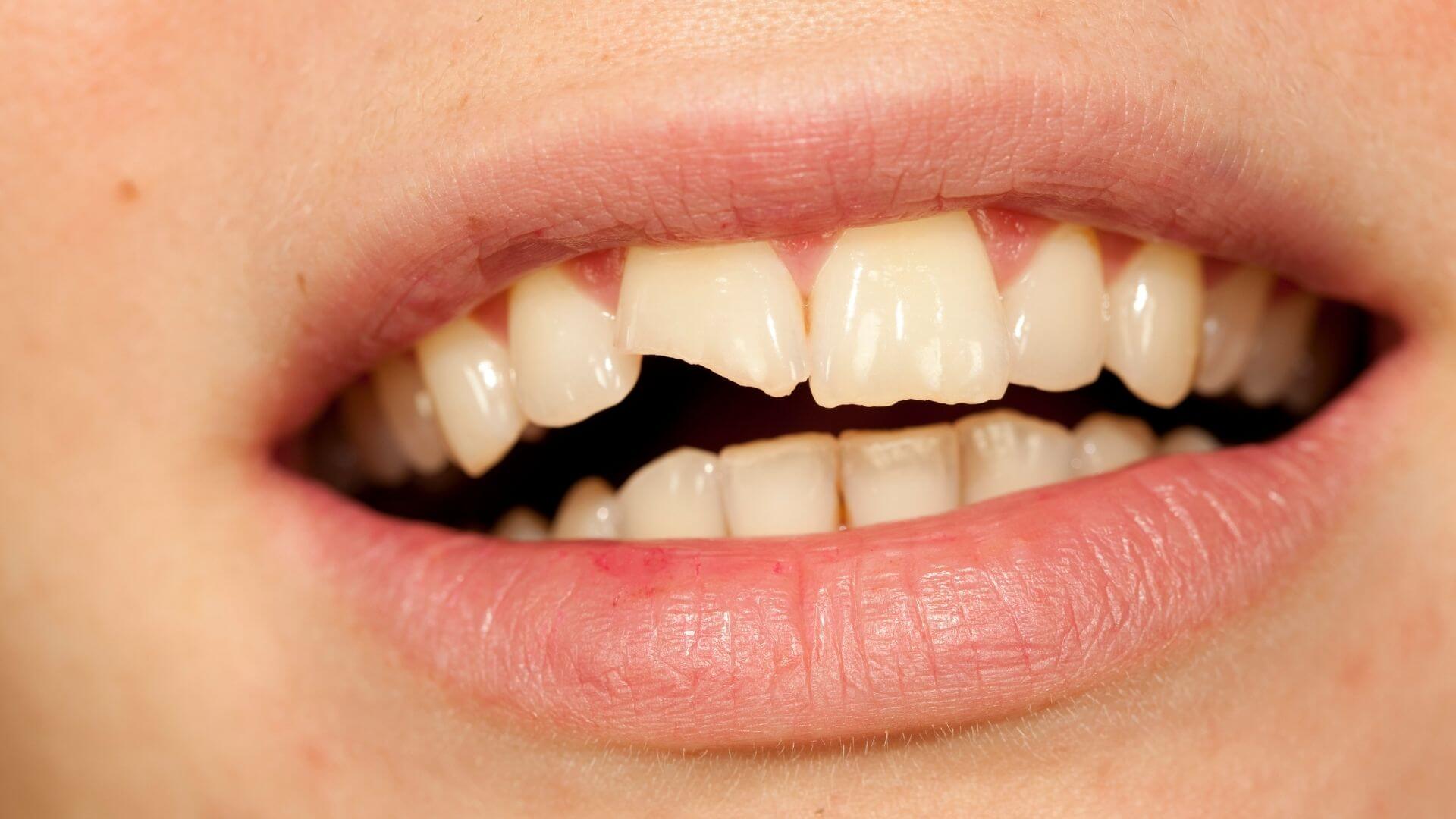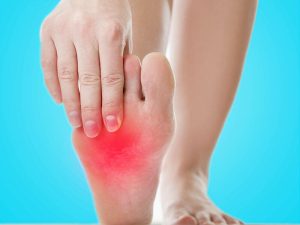A cracked molar can cause significant discomfort and pain if not addressed properly. Whether you’ve had your cracked molar treated with a filling, crown, or root canal, post-treatment care is crucial for ensuring healing and preventing further complications. In this article, we’ll go over important steps to care for your cracked molar after treatment to promote recovery and maintain oral health.
Understanding Your Treatment Options
When dealing with a cracked molar, your dentist will assess the severity of the damage and determine the appropriate treatment. Treatment options may include:
- Fillings: If the crack is minor and does not affect the tooth’s structure significantly, a dental filling may be enough to restore the molar.
- Crown: For more severe cracks, a crown may be placed over the tooth to protect it from further damage and restore its function.
- Root Canal: In cases where the crack reaches the tooth’s pulp, a root canal may be necessary to treat the infection and preserve the tooth.
Regardless of the treatment used, it’s important to follow post-care instructions carefully to ensure the success of the procedure and minimize discomfort.
Managing Discomfort and Pain
After treatment for a cracked molar, some discomfort or sensitivity is normal. This may include soreness around the affected area or heightened sensitivity to hot, cold, or sweet foods. Here’s how to manage this discomfort effectively:
- Over-the-counter Pain Relief: You can take over-the-counter pain medications like ibuprofen or acetaminophen as recommended by your dentist. These medications will help reduce inflammation and alleviate pain.
- Avoid Chewing on the Treated Side: To avoid further irritation or discomfort, try to chew on the opposite side of your mouth for the first few days after treatment.
- Cold Compress: Applying a cold compress to the outside of your cheek near the treated molar can help reduce swelling and numb the area, providing temporary relief from pain.
- Saltwater Rinse: Rinsing your mouth with warm saltwater can help soothe the gums around the cracked molar and reduce inflammation.

Avoid Certain Foods and Habits
After treatment for a cracked molar, it’s important to avoid certain foods and habits that could hinder the healing process or damage the treated tooth:
- Hard or Crunchy Foods: Avoid biting into hard or crunchy foods such as nuts, ice, or candy, as they could stress the treated molar and cause additional damage.
- Sticky or Chewy Foods: Foods like caramel, taffy, or chewing gum can stick to your molar and potentially dislodge a filling or crown.
- Hot and Cold Foods: If you’ve had a root canal or your cracked molar is still sensitive, try to avoid extremely hot or cold foods and beverages, as they could cause discomfort.
- Nail Biting or Tooth Grinding: If you have a habit of grinding your teeth or biting your nails, it’s essential to address this, as it can place undue stress on the treated tooth and compromise its integrity.
Maintain Good Oral Hygiene
Keeping your mouth clean is crucial to ensure the success of your treatment and prevent further issues. Here are some oral hygiene tips to follow after having a cracked molar treated:
- Brush Gently: Brush your teeth twice a day with a soft-bristled toothbrush. Be gentle around the treated area, as vigorous brushing may irritate the gums or damage the crown or filling.
- Floss Carefully: Flossing is important to remove food particles and plaque, but you should floss carefully around the treated molar to avoid dislodging the restoration.
- Mouthwash: Use an antibacterial mouthwash to help reduce the risk of infection and keep your mouth clean, especially after meals.
- Visit Your Dentist Regularly: Regular dental check-ups are important to ensure that your treated molar is healing properly and to catch any potential issues early. Your dentist will also check the condition of the restoration and make any necessary adjustments.
Watch for Complications
While most cracked molar treatments are successful, it’s important to monitor for signs of complications. If you experience any of the following symptoms, contact your dentist immediately:
- Persistent Pain or Discomfort: If pain persists for several days after treatment, or if the discomfort worsens instead of improving, this could indicate an issue with the restoration or the underlying tooth.
- Swelling or Bleeding: Swelling around the treated molar, along with signs of bleeding or pus, may suggest an infection and requires immediate attention.
- Damage to the Restoration: If your filling, crown, or other restoration becomes loose, cracked, or dislodged, seek dental care promptly to prevent further damage to the tooth.
Conclusion
Taking proper care of a cracked molar after treatment is essential for ensuring that the restoration remains intact and the tooth stays healthy. By following your dentist’s instructions, managing discomfort, avoiding harmful foods and habits, and maintaining a thorough oral hygiene routine, you can support the healing process and enjoy a healthy, pain-free smile for years to come.
















